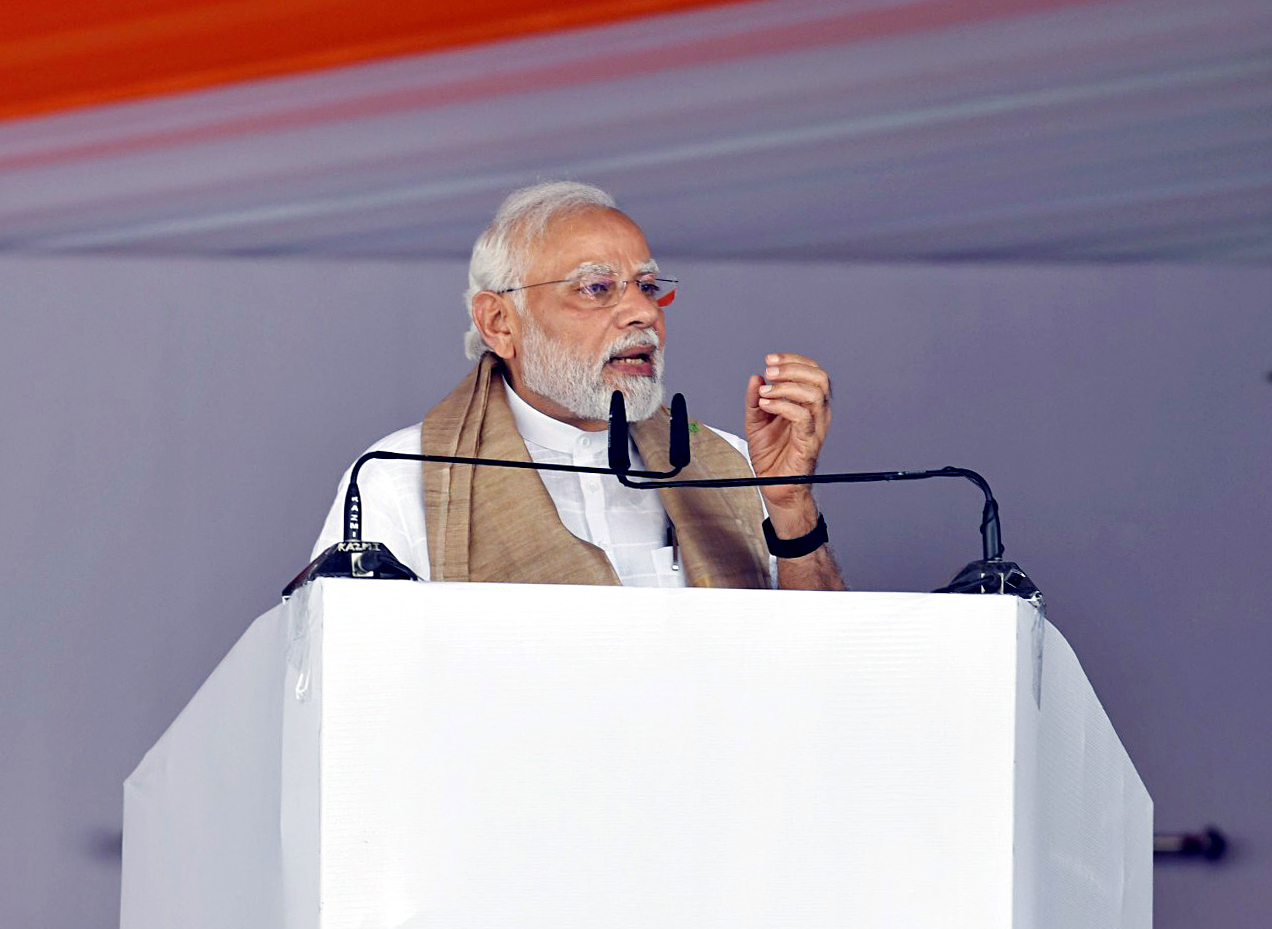Since 2014, there has been transformative changes in the foreign policy of India. The manner and chemistry of the changes introduced since then in the architecture of foreign policy bear the unmistakable stamp of Prime Minister Narendra Modi. Since 2019, a similar forward momentum in terms of essential policy changes is also being witnessed in the economic sphere, and once again, judging by the content of the changes being made, the identity of the pilot is clear. In External Affairs Minister S. Jaishankar and Finance Minister Nirmala Sitharamam, the Prime Minister has chosen two individuals who are ably carrying out transformative alterations. The nation looks forward in the years ahead to a system of lower rates and easier compliance where taxes are concerned. Those anchored to traditional ways neglect to take account of the fact that lower tax rates result in higher overall revenue. All that they focus on is revenue per unit that is taxed, and even this is lower than would be the case were lower rates to be imposed. Evidence suggests that the phenomenon known as “tax terrorism” that was especially prevalent during the UPA period has been considerably reduced, especially during Modi 2.0. More and more taxpayers who are summoned to meet tax inspectors come away with the satisfaction that they have been fairly treated. The problem in India has always been more about implementation of policy than its conception, for that is where the shoe pinches. These days, given the winnowing out of undesirable elements that has taken place since 2014, less than 15% of the total number of officials still remain who are working not for the public but for personal good. This percentage is dropping as a consequence of the mainstreaming of transparent online systems of reporting and assessment since 2014, as well the much more active watch that is being kept on officials under suspicion of not being faithful to their oath of public service. Despite the shocks administered to the economy by Covid-19 and subsequently the US-UK-EU sanctions on Russia, growth in India has not entered negative territory in the way it has in an increasing number of the countries that are prolonging the Russia-Ukraine war by flooding that country with munitions despite analysts in these countries being aware that overcoming the Russian military is a peak too high to climb for the Ukrainian military. After a while, Vladimir Putin may reach the conclusion that after all the punishment that his country has been subjected to, it may be worthwhile to go beyond the limited aims of the “Special Military Operation” and ensure that the Baltic flank of Russia gets better protected from encroachment by what are clearly foes of the country.
Fortunately, not all the officials in the Biden administration are dinosaurs who remain shackled to the period of Cold War 1.0 (1946-91). Otherwise, the US President may not have assented to the I2U2 alliance involving India, the US, the UAE and Israel. This time around, 21st century minds in the Biden administration restrained the White House from pressing for the inclusion of any country from Europe (such as one that in the past had a large roster of colonies) in the I2U2 group but only itself and three countries in the region. Security is the unspoken thread that runs through the construct, although the presumed benefit of avoiding mention of matters relating to that is zero. The PRC works ceaselessly to harry and sabotage the Quad (which in the spoken view of some of its top policymakers has an affinity not with the military of the countries concerned but with local units of the Salvation Army) even though matters of defence and security are never discussed publicly by the Quad. Technology is at the heart of national resilience, and in such a context, the bringing together of four important countries will create a stronger network of cooperative endeavours between them. Whether in the Quad or in I2U2, attention needs to be paid on ease of travel amongst each other, so that greater person-to-person connection takes place. After the successful launch of I2U2 at the virtual summit of the leaders of India, the US, the UAE and Israel, attention needs to be paid towards the creation of a pairing of four countries to the east of India. Such a group could include India, the US, Japan and a member of ASEAN such as Vietnam, or Indonesia in case Vietnam is wary of the PRC reaction to it joining a group that includes the US. Under Prime Minister Modi, an architecture of alliances is being developed in a world that is no longer unipolar. Such alliances will comprise countries that are averse to any other country seeking to once again make the unipolar by being the dominant player. Preventing such a repeat of history is at the heart of India’s interests.
MDN
I2U2 is a welcome 4-country alliance
- Advertisement -

